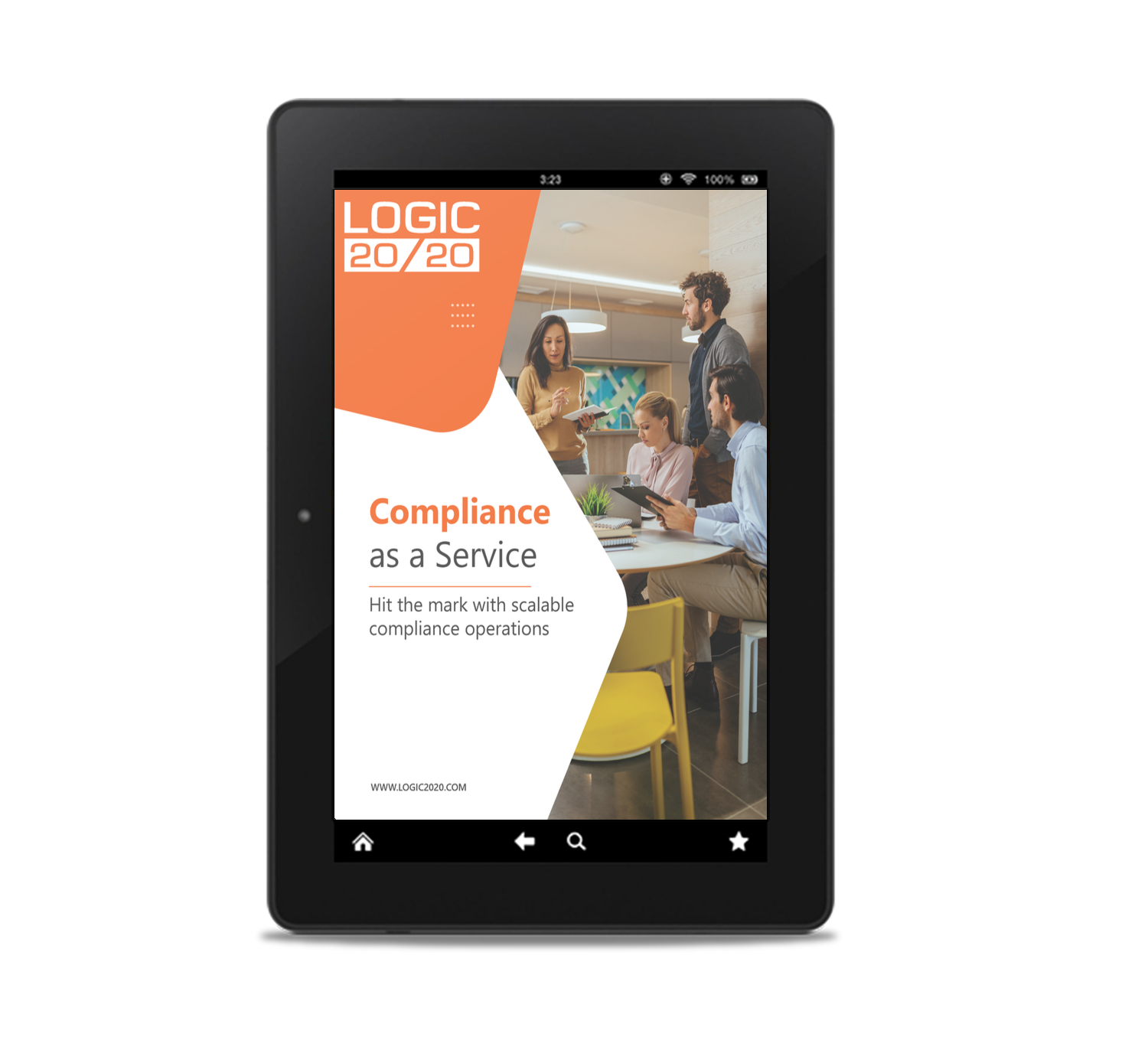5-minute read
Quick summary: In their efforts to keep pace with an increasingly complex data privacy compliance ecosystem—without driving up operational costs—organizations are discovering the benefits of data privacy as a service.
In the fast-changing world of data privacy compliance, businesses face the uphill battle of keeping pace with an evolving ecosystem of regulations, including GDPR, CCPA/CPRA, and a growing list of others around the world. As each data privacy law puts forth its own set of rules—and as court rulings shape the details of enforcement—maintaining compliance becomes increasingly complex. Frequent updates across jurisdictions add to the challenge, leaving many companies, particularly those with limited data privacy resources or expertise, at risk of non-compliance and reputational damage.
As the digital economy continues to expand, so does the volume of personal data that businesses collect, store, and process. Data privacy is not just another legal obligation, but a critical element of trust in customer relationships. This ongoing challenge has led to the emergence of data privacy as a service (DPaaS), a solution that offers businesses the expertise needed to navigate the growing maze of privacy obligations. DPaaS represents a strategic approach for organizations looking to ensure compliance without the need to expand in-house teams or retrain existing staff.
In this article, we’ll explore what DPaaS entails, the benefits it offers to organizations, and the key metrics for measuring its success.
Article continues below.

Compliance as a Service (CaaS) ebook
Get expert insights on how to hit the mark with scalable compliance operations.
We will never sell your data. View our privacy policy here.
What is data privacy as a service?
Data privacy as a service is an outsourced solution designed to help organizations safeguard the personal data of customers, employees, partners, and other individuals and ensure ongoing adherence to data protection laws—without the need to expand their existing staff.
DPaaS teams work side-by-side with the organization’s internal personnel to develop and implement processes focused on compliance with internal policies and external legislation. Because the team members already possess the necessary knowledge and expertise, they can ramp up quickly and begin delivering results in terms of improved productivity and reduced risk of noncompliance.
Maybe the best way to convey how DPaaS works is to look at a real-world example from our own client engagements. A gaming company had a data privacy program in place, including a dedicated internal team. The team’s leader noticed that they were spending a disproportionate amount of time on day-to-day issues such as ticket escalations and needed a “middle layer” to handle these cases, leaving the team free to focus on strategic concerns. Logic20/20 deployed a DPaaS solution encompassing a team of four full-time consultants with guidance from our own data privacy leadership. Our client engaged us to take on an array of mid-level responsibilities to ensure continuous alignment with the organization’s privacy policies. Our DPaaS team has helped our client reduce risk, improve efficiency, and heighten the level of service provided by their internal data privacy team.
How does data privacy as a service benefit organizations?
Data privacy as a service offers an array of benefits to help organizations navigate the complex world of data privacy with greater ease and efficiency.
Compliance management
DPaaS teams provide organizations with direct access to experts in navigating the growing landscape of data privacy laws. Their hands-on support helps ensure ongoing compliance, minimizing the legal risks of non-compliance through proactive management and ongoing adaptation to regulatory and organizational changes.
Data protection
With a focus on safeguarding personal information, DPaaS teams employ advanced data protection strategies, including encryption and anonymization. Their proven expertise in leveraging these techniques enhances data security and helps prevent breaches, ensuring the integrity and confidentiality of personal data.
Cost efficiency
Organizations can achieve more cost-effective data privacy management compared to developing in-house capabilities. DPaaS eliminates the need for extensive investment in specialized training and infrastructure, offering a financially viable alternative to building and maintaining a dedicated privacy team.
Scalability and flexibility
DPaaS teams can quickly adapt to the changing needs of the business, scaling their support to match growing data volumes or shifting privacy requirements. This scalability ensures that data privacy strategies and processes evolve in tandem with the organization, providing flexible support that aligns with current and future needs.
Expertise and resources
Organizations gain insights from professionals with deep expertise in data privacy, who bring both established best practices and innovative solutions to the table. This level of expertise, often challenging to cultivate internally, strengthens the organization’s data privacy posture.
These benefits make DPaaS an attractive option for organizations looking to fortify their data privacy program while also achieving operational efficiency.
How do we measure the success of a DPaaS team?
Evaluating the effectiveness of a DPaaS team involves analyzing key metrics that reflect its impact on the organization’s data privacy posture, including
Compliance rate
This metric assesses the DPaaS team’s success in achieving and maintaining full compliance with all applicable data privacy regulations. A high compliance rate indicates effective management and adaptation to the changing legislative landscape.
Data breach incident reduction
Monitoring the frequency of data breaches and incidents before and after DPaaS implementation highlights the team’s effectiveness in enhancing data security. A significant reduction in incidents signifies effective data protection strategies.
Cost savings
Comparing the financial investment required for in-house data privacy management with the costs of outsourcing to a DPaaS team can reveal significant cost efficiencies. Substantial savings indicate that data privacy as a service offers a more economical approach to managing data privacy.
Operational efficiency
This metric evaluates how the DPaaS team contributes to smoother operations within the organization, particularly in handling privacy requests and responding to incidents. Improvements in operational efficiency demonstrate the team’s ability to streamline data privacy management processes.
Customer trust and satisfaction
Increased customer trust and satisfaction levels post–DPaaS implementation suggest that customers recognize and value enhanced privacy measures.
These metrics collectively provide a comprehensive view of the DPaaS team’s contribution to the organization’s data privacy management, highlighting areas of success and opportunities for further improvement.
Embracing data privacy as a service: a strategic imperative
In today’s digital-first business landscape, marked by a growing body of stringent regulatory demands, organizations cannot afford to downplay the importance of robust data privacy management. Data privacy as a service has emerged as an effective strategy for organizations aiming to navigate the complexities of data protection regulations and safeguard personal information. By embedding a specialized DPaaS team, companies can help ensure compliance, enhance data security, achieve cost efficiencies, and improve operational effectiveness—all pivotal for maintaining customer trust and satisfaction.
Businesses across sectors view DPaaS not just as another service, but as a strategic partnership in their journey towards comprehensive data privacy management. For those looking to bolster their data privacy practices, exploring DPaaS offers a path to resilience in the face of evolving privacy challenges.

Accelerate towards your data privacy goals
Let Logic20/20 help you achieve your data privacy goals with proven expertise, deep knowledge of strategic methodologies, and a highly collaborative approach.



